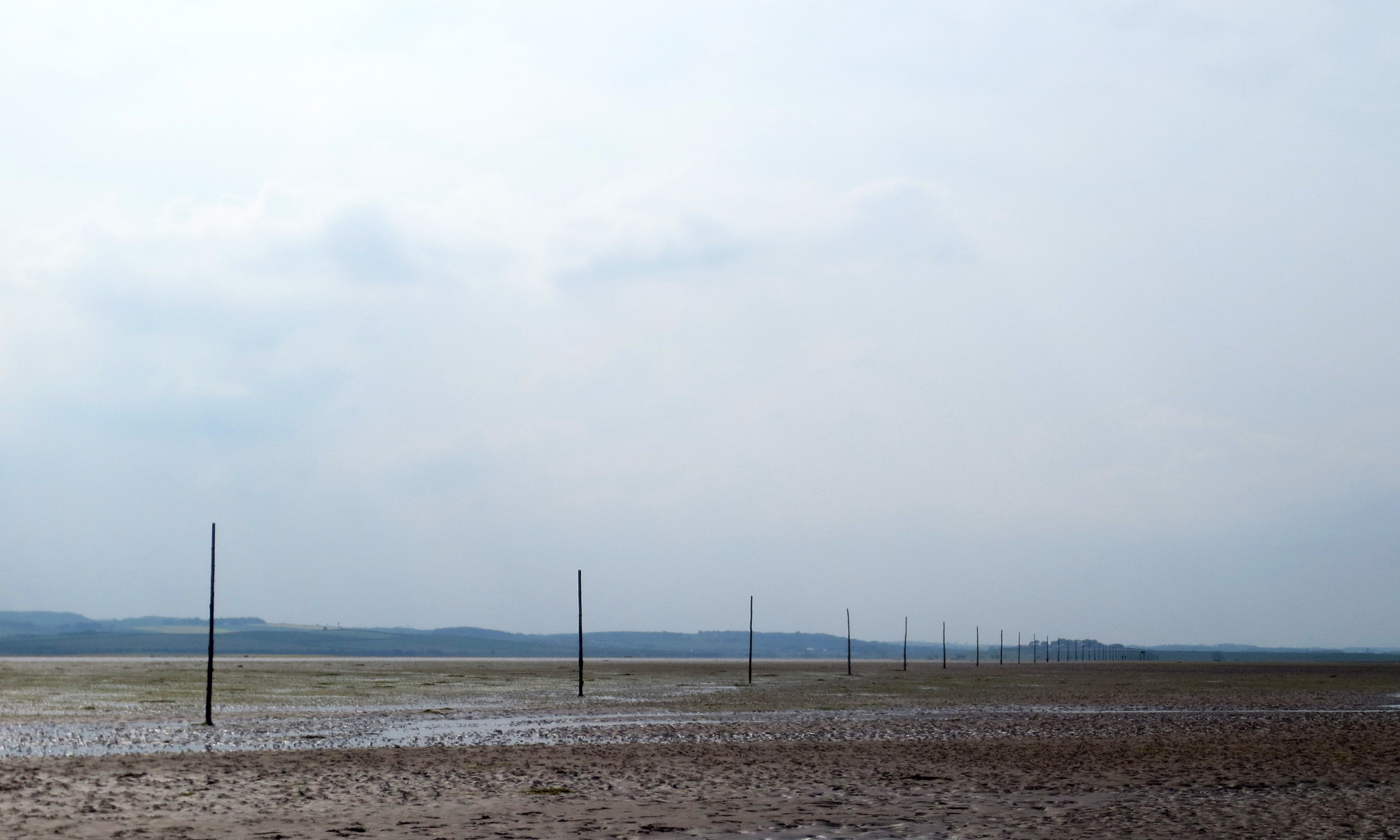In today’s Lectionary, Judas goes out and betrays Jesus. We don’t really know what went on in his head. It seems that afterwards he was ashamed of what he had done. In our lives, betrayal it seems to me is almost always more complicated than we imagine. But we love to hate the traitor. In America there’s this historical figure called Benedict Arnold, and they all love to hate him, because (I assume) it makes them feel good about who they are, gives them a sense of national cohesion. And who decides who is the traitor? The press like to bandy that word about (with minimal justification sometimes). Maybe that’s also one of the privileges of writing history – you get to decide who the traitors were.
However… just remember those last days of Jesus – the swords were sharpened all around him.

